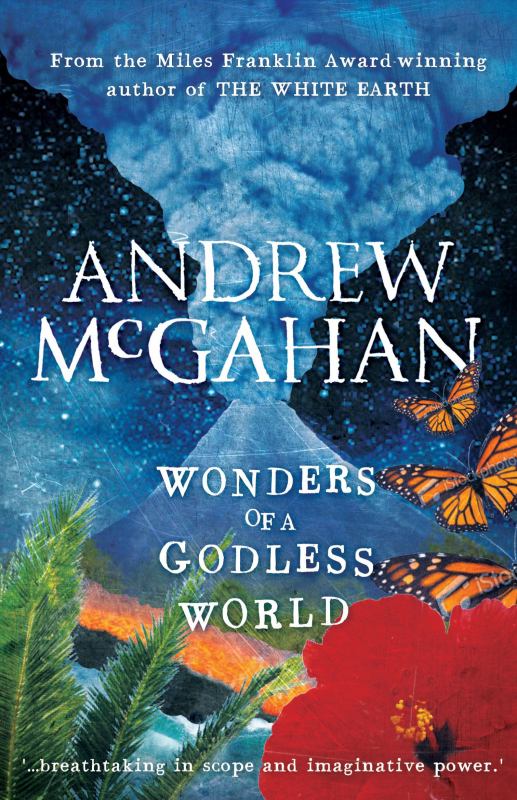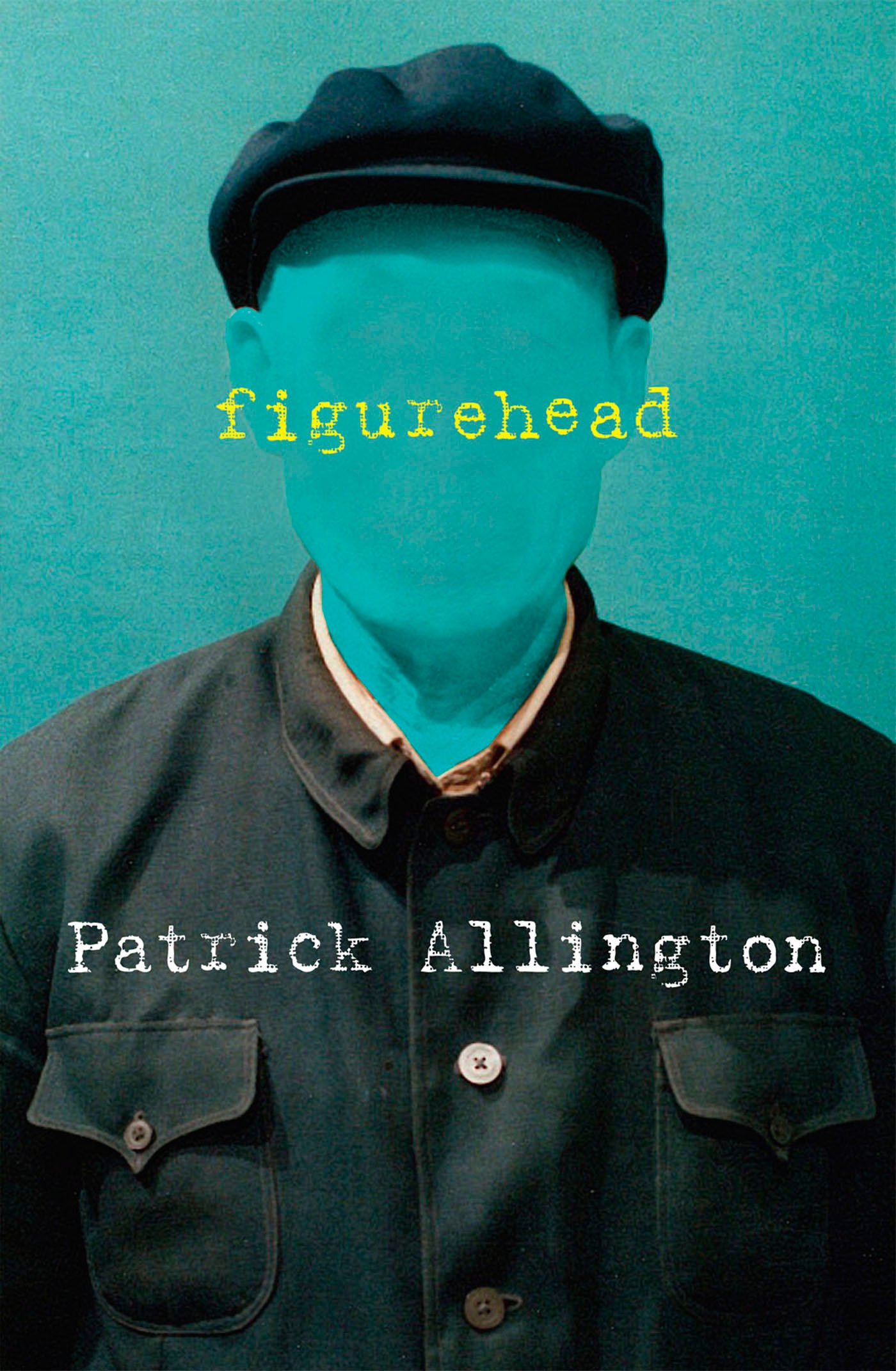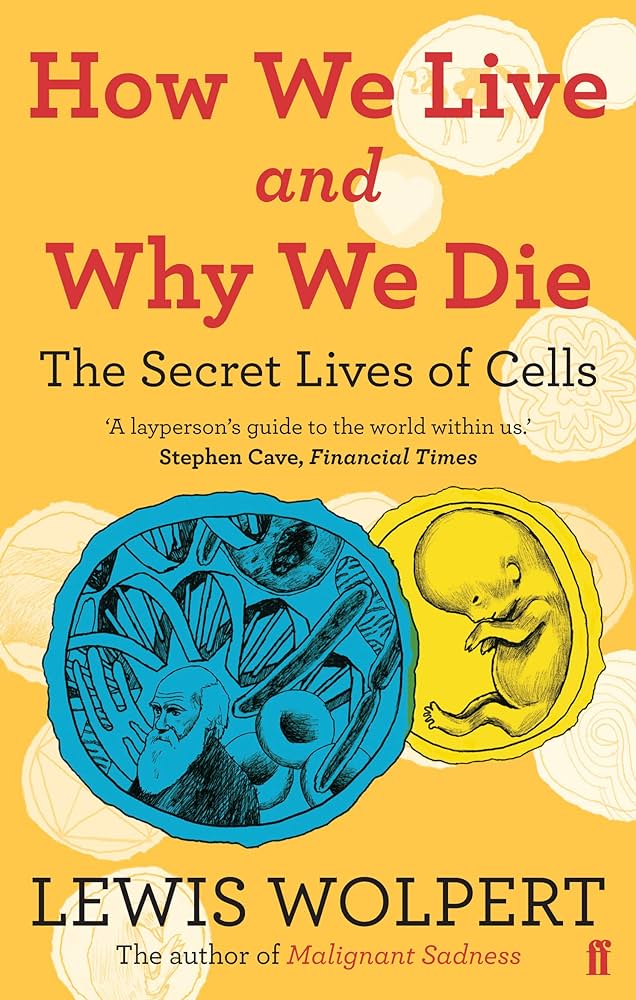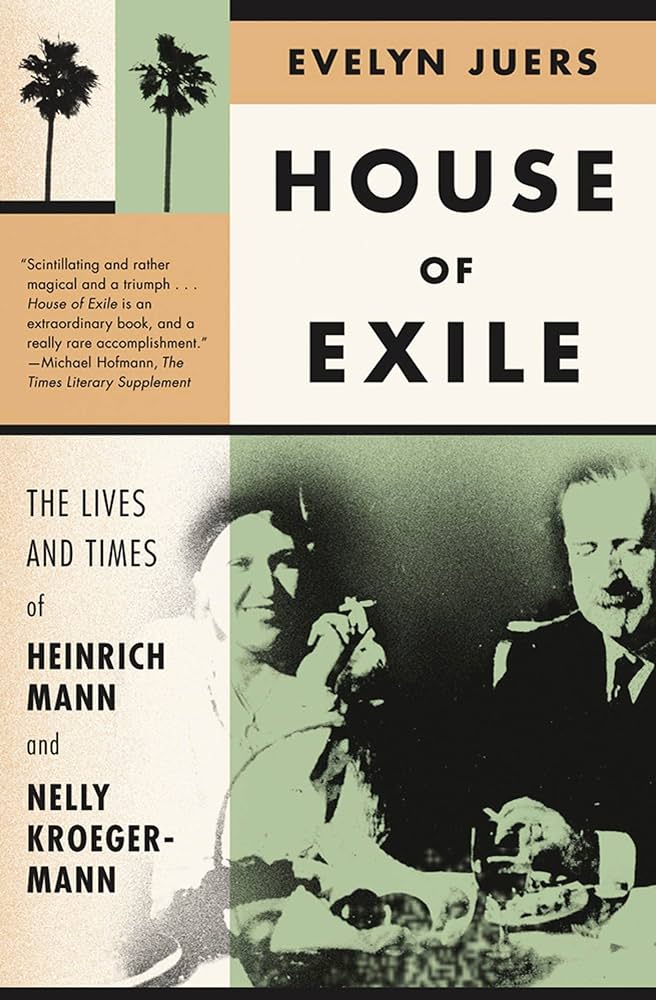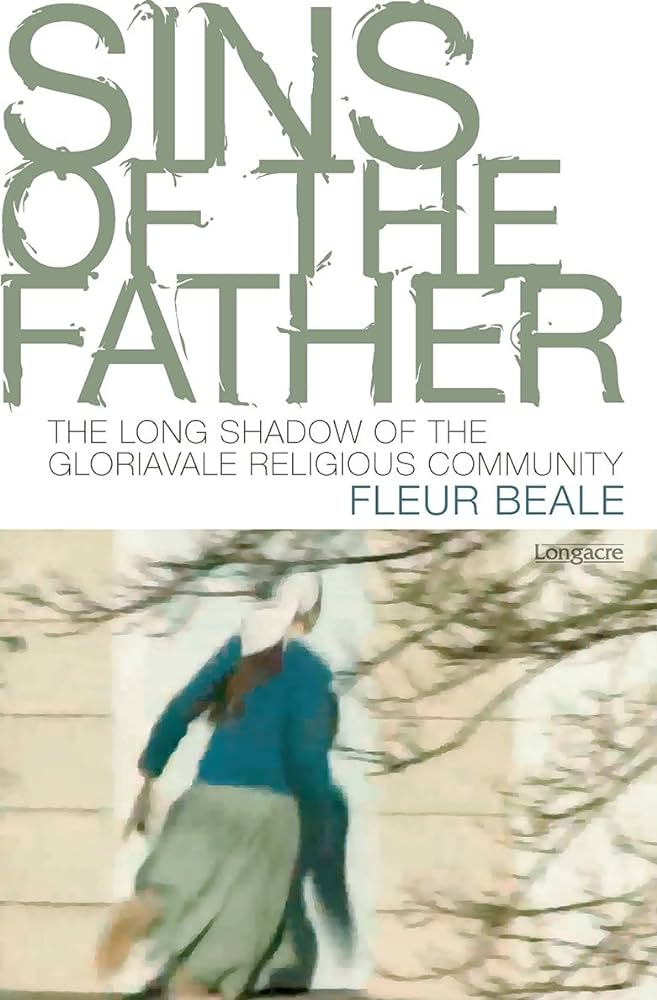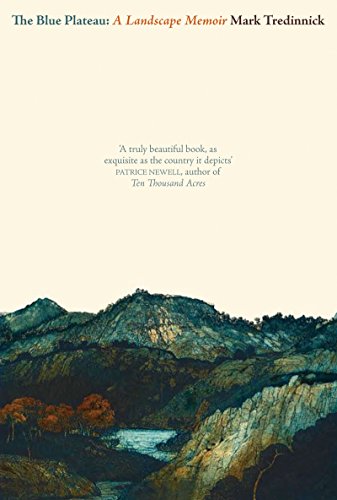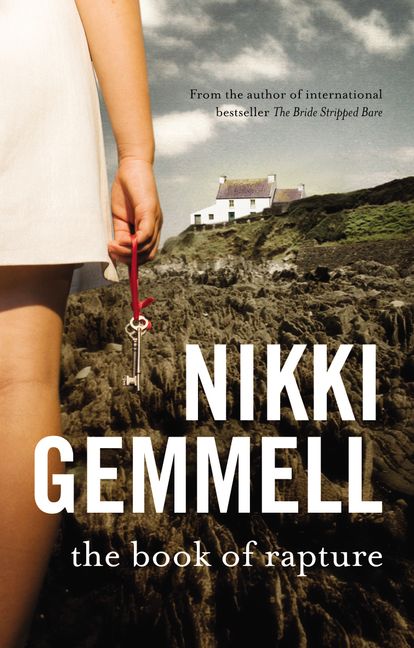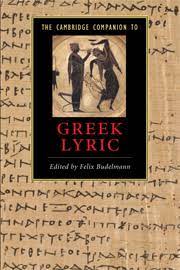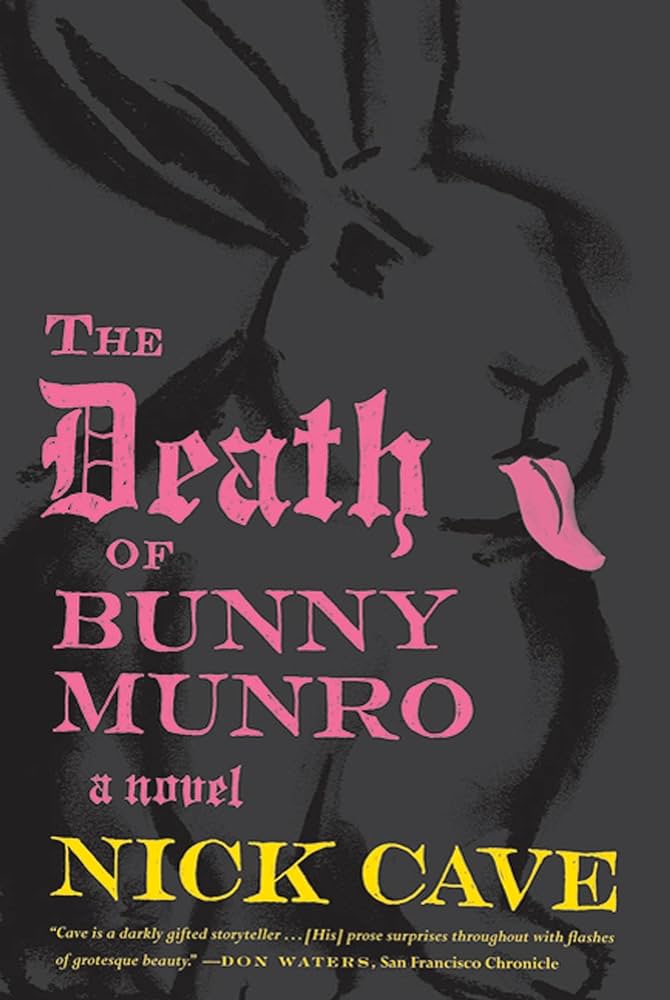Review
Learning about the world is one of the great fruits of reading. It can be as much fun as solving a puzzle, provided the information is presented to invite questioning and interpretation. These five attractively produced, accessible books are designed to appeal to their intended audiences, but how well do they avoid the over-simplification that is an inherent danger in tailoring ‘facts’ to the needs and interests of inexperienced readers?
... (read more)How We Live and Why We Die: The secret lives of cells by Lewis Wolpert
by Ian Gibbins •
House Of Exile: The Life and times of Heinrich Mann and Nelly Kroeger-Mann by Evelyn Juers
by Michael Morley •
Sins of the Father: The Long shadow of a religious cult by Fleur Beale
by Bill Metcalf •
The Cambridge Companion to Greek Lyric by Felix Budelmann
by Christopher Allen •

